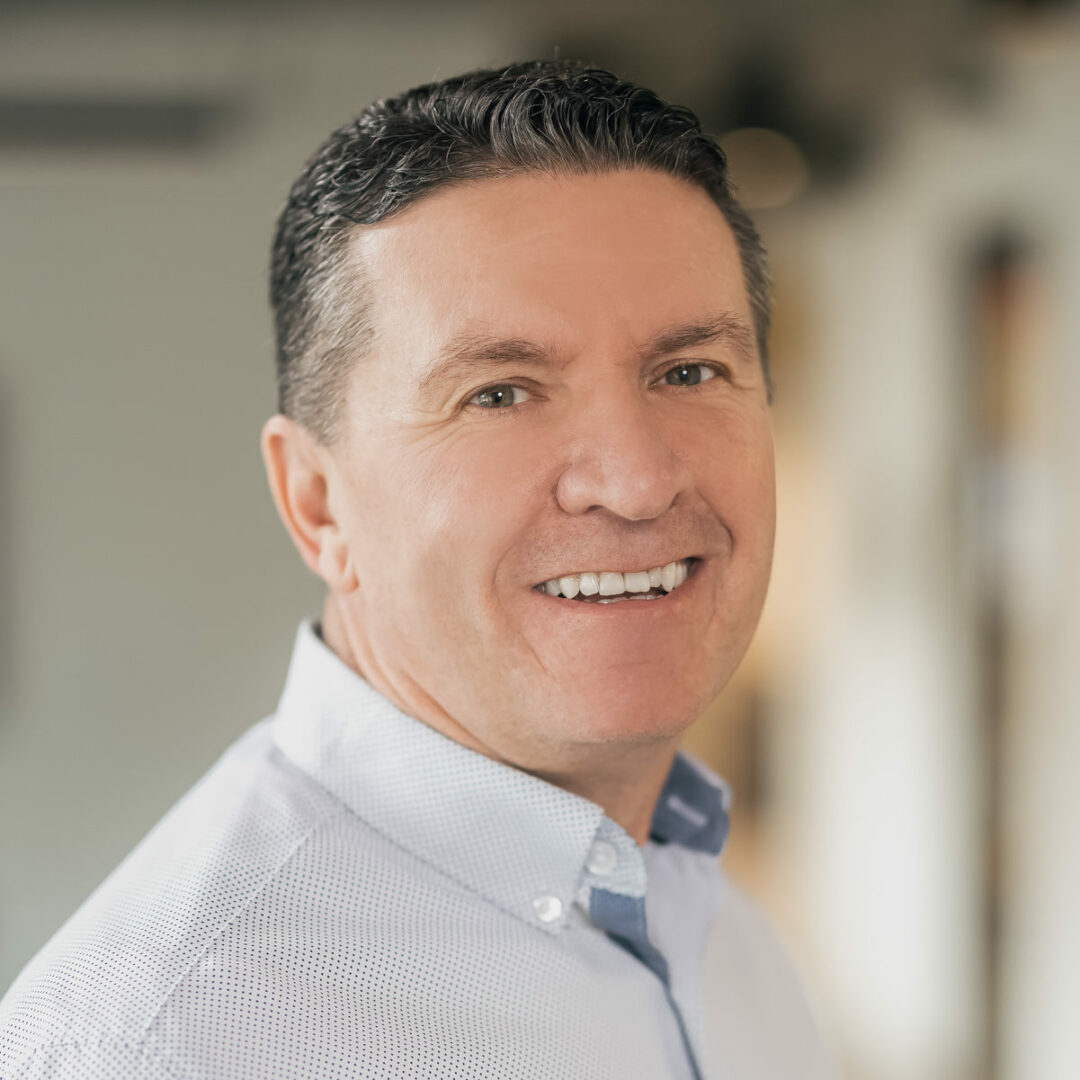We caught up with the brilliant and insightful Michael George a few weeks ago and have shared our conversation below.
Hi Michael, thanks for sitting with us today to chat about topics that are relevant to so many. One of those topics is communication skills, because we live in an age where our ability to communicate effectively can be like a superpower. Can you share how you developed your ability to communicate well?
It’s truly amazing how events from childhood can shape the path of your life’s journey. For me, growing up in small towns across West Virginia was probably a fairly common experience for most kids my age. The only major difference was that I was constantly changing schools.
Later in life, I used to joke with my dad that we were always on the run from the law—that’s why we moved so often. Of course, that wasn’t the case. The truth was my father, a decorated Vietnam veteran, struggled with the invisible scars of war. Staying in one place was mentally difficult for him, and as a result, I attended a different school nearly every year.
You might think this would make it hard for a young boy to form friendships and find stability. But surprisingly, I enjoyed meeting new people each year. I quickly learned how to break the ice and introduce myself. My life became about making new friends.
Little did I know then, this was the beginning of my journey in learning how to communicate with others. The next step happened at church—not any particular church, mind you, but whichever was closest at the time. The message, the style, and the delivery varied widely from one congregation to the next, but one thing stood out to me: every time a minister paused to share a personal story, the congregation would lean in.
Yes, people came for the day’s Bible message, but it was the personal story they remembered most. That story was what truly delivered the message—it was the most effective form of communication.
Those two experiences—constantly meeting new people and observing the power of storytelling—set me on a path I didn’t recognize at the time. But looking back, they laid the foundation for how I would grow in my career and connect with others throughout my life. It was the foundation for how I would communicate effectively with others.
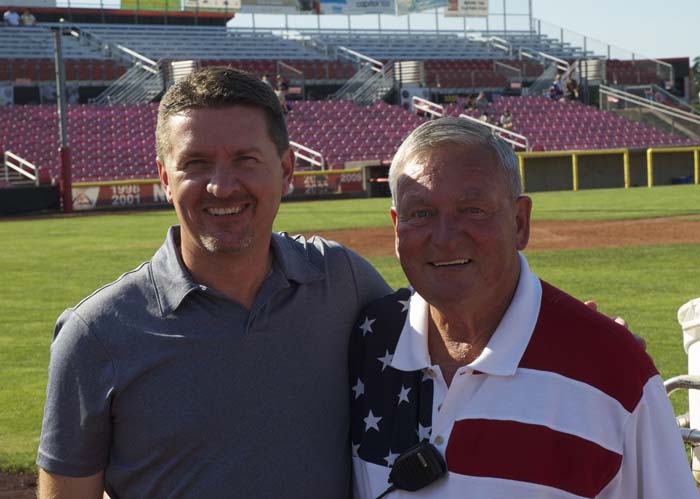
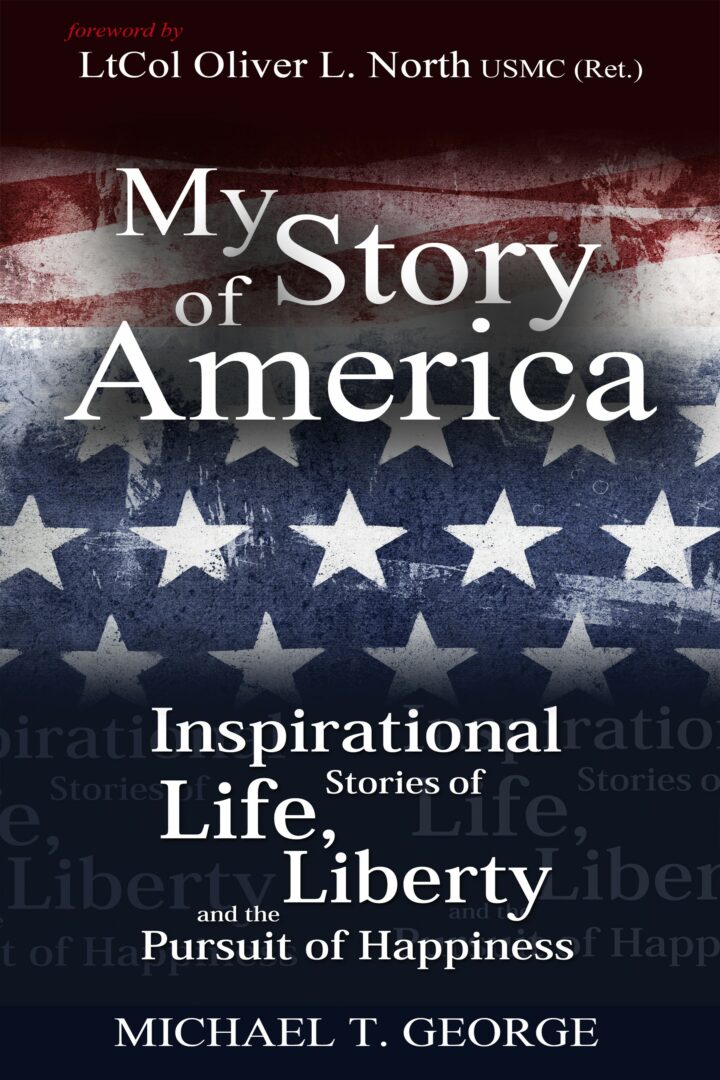
Great, so let’s take a few minutes and cover your story. What should folks know about you and what you do?
My story is definitely one of mixed directions converging at the same junction. I left home at 16, got a job, and put myself through private school. After graduation, I attended trade school and entered the travel industry. That’s where my first unexpected side road came into view.
While working for the airlines, I taught myself computer programming and began writing small programs to make our jobs easier. This skill became so instrumental that I, along with two colleagues, helped build the first “book-it-yourself” airline reservation system for corporations. This path into technology became the main highway I would travel for the rest of my life.
However, new roads continued to appear along the way, and it was these detours that helped develop my career as a professional communicator.
The success I experienced in the tech world opened doors for me to speak about solving problems, leading successful teams, and launching new initiatives. One of my strengths was translating complex technology into something anyone could understand—a skill that quickly became a feather in my cap. I discovered I loved meeting people and sharing ideas that could make their lives better.
Somewhat unexpectedly—but naturally for me—this passion led me to explore a new path: ministry. I enrolled in seminary, where I earned a Bachelor’s, Master’s, and Doctorate in Theology, with a focus on communication.
I continued my work in technology while also speaking regularly at churches and events. For a time, I even pastored a church that grew exponentially during my tenure. I realized I wasn’t necessarily a great minister—but I was an excellent storyteller. And those stories resonated with people. It was life-changing—not just for them, but for me as well.
My speaking engagements eventually led me to meet an editor at a publishing company who was captivated by the real-life stories I shared—stories of everyday people living extraordinary lives. He encouraged me to write a book, so I took his advice and submitted a manuscript. That led to the publication of my first book, My Story of America: Inspirational Stories of Life, Liberty, and the Pursuit of Happiness. It became an instant bestseller on Amazon in its category. I also hosted a national radio show called My Story of America and then a few years later I followed up with two more books: Author of Liberty, the sequel, and 3:16: The Story of God, a devotional.
I remained busy, still managing technology teams while speaking regularly across the country. What I discovered I loved most was meeting people from all walks of life. I found it exhilarating to build bridges with those who saw the world differently than I did. In fact, I believe that’s where true, effective communication takes root—when you can find common ground with people of different backgrounds, beliefs, and perspectives. That’s when you know you’ve really connected.
Today, I serve as Vice President at a strategic communications firm, where I lead our engineering and technology teams while also building partnerships and driving business development. In my spare time, I continue to travel and speak at corporate team-building events and any place where people need an effective speaker to motivate the audience.

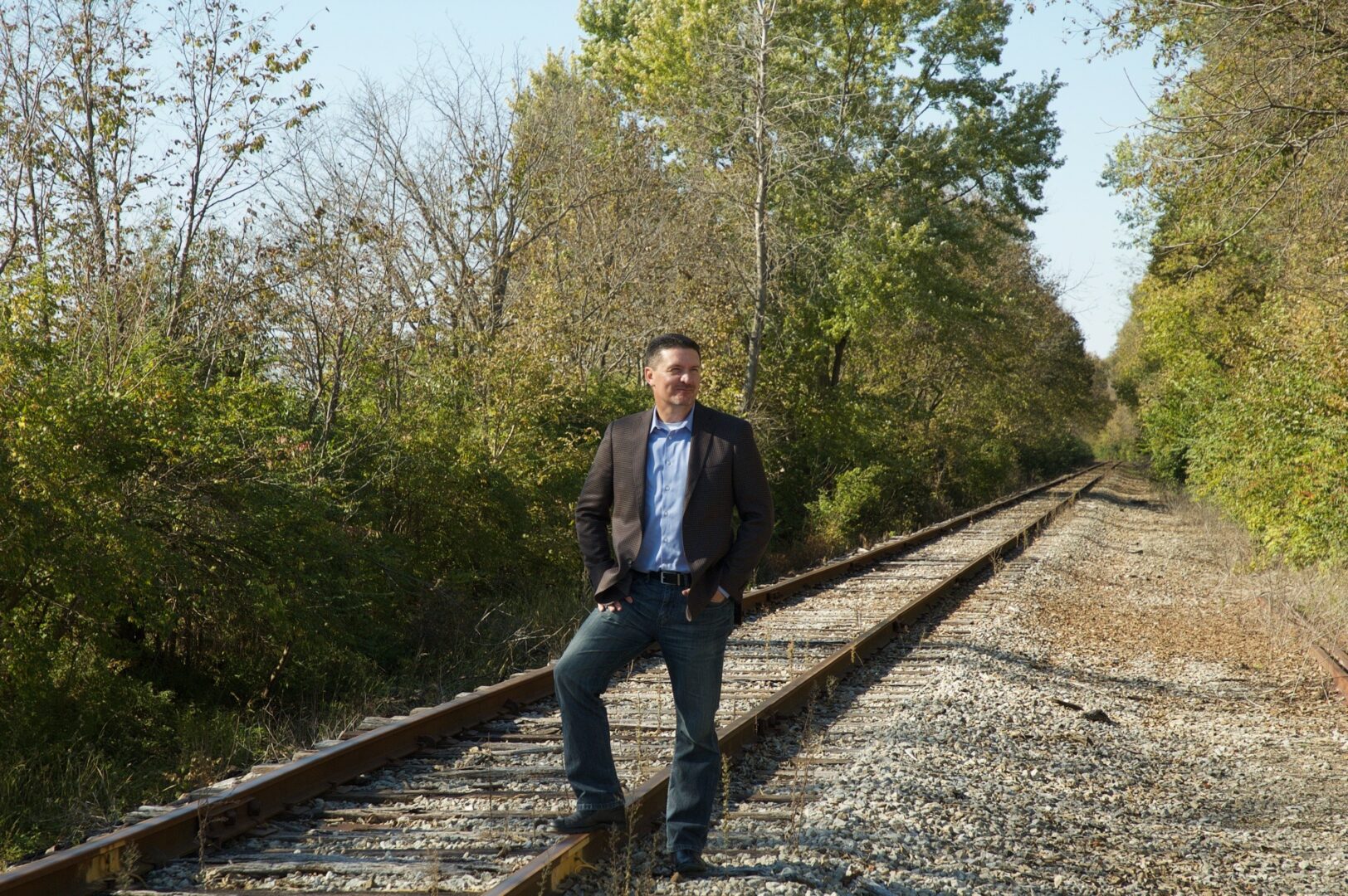
Looking back, what do you think were the three qualities, skills, or areas of knowledge that were most impactful in your journey? What advice do you have for folks who are early in their journey in terms of how they can best develop or improve on these?
Looking back, there are a few key principles that have not only guided my career path but have also shaped my life’s journey:
1. Diversify your circle
One of the most important decisions I’ve made is to step outside of the echo chamber and surround myself with people from all walks of life, all around the globe. That doesn’t mean I always agree with them—but doing so has given me a broader platform for communication and connection.
Through these diverse experiences, I’ve learned that, at our core, all people really want the same four things:
a) Everyone wants to be loved.
b) Everyone wants a place to call home—whether it’s a house, apartment, hut, or condo, people need a place where they belong.
c) Everyone wants to be healthy—no one wants to be sick.
d) Everyone wants to have hope for the future—because without hope, despair takes over.
When you diversify your circle, you begin to see these shared values clearly. That insight allows you to communicate in a truly powerful and unique way.
2. Don’t be afraid to walk through an open door
There have been many moments in my life when I didn’t know what to do next—yet a door opened unexpectedly. Some of those doors led to paths I never would’ve considered on my own. But over time, I’ve learned to embrace change and accept that it’s okay to think differently and grow. Often, walking through that open door has made all the difference.
3. Don’t doubt what you’re capable of accomplishing
There have been countless times in my life when I found myself doing things I never imagined were possible. I never thought I’d write one book—let alone three—and for all of them to become Amazon bestsellers was something beyond anything I’d planned.
I’ve had the honor of speaking before 10,000 people at a minor league baseball game, delivering a message that moved the crowd to tears. I’ve met presidents, actors, and other influential figures. And through it all, I’ve remained amazed by how it all came together.
Too often, we place limits on ourselves because we don’t recognize the potential we carry within.
And one last thing to always remember:
Be kind to everyone you meet. When you walk through life with a smile on your face and greet others with warmth and sincerity, you’ll be amazed at the effect it has—not just on them, but on you as well. Looking back, there are a few key principles that have not only guided my career path but have also shaped my life’s journey:


What do you do when you feel overwhelmed? Any advice or strategies?
I think all of us go through times in life when we feel overwhelmed by what lies ahead. I know I’ve certainly felt that way—whether starting a new job or exploring a personal interest that felt more like a hobby than a serious pursuit. In every instance, I made the decision to focus on just one small area of the task, project, or interest—something I could grow confident in and develop a sense of expertise.
For example, I’ve always loved playing golf, but it’s a sport that can quickly become overwhelming if you’re trying to improve every part of your game at once. I knew early on that I couldn’t master everything, so I chose to focus on doing one thing really well: chipping the ball successfully from just off the green. I spent countless hours honing this one skill, determined to perfect it. That early success gave me confidence—and eventually set me up for success in other parts of the game. I’ve recorded 11 hole-in-ones, including two on short par-4 holes.
In business, I took the same approach. Whenever I started a new position, I knew I wouldn’t be the most knowledgeable person in the room. But I was determined to become someone people could rely on for answers. I didn’t always have the answers myself, but I made it my mission to know where to find them—or who could help. Mastering this small skill made me the go-to “answer person” at the company. It may have seemed like a small role, but it proved to be invaluable.
Find one small thing you can master—and build from there.
Contact Info:
- Website: https://michaeltgeorge.com
- Linkedin: https://www.linkedin.com/in/drmichaeltgeorge/
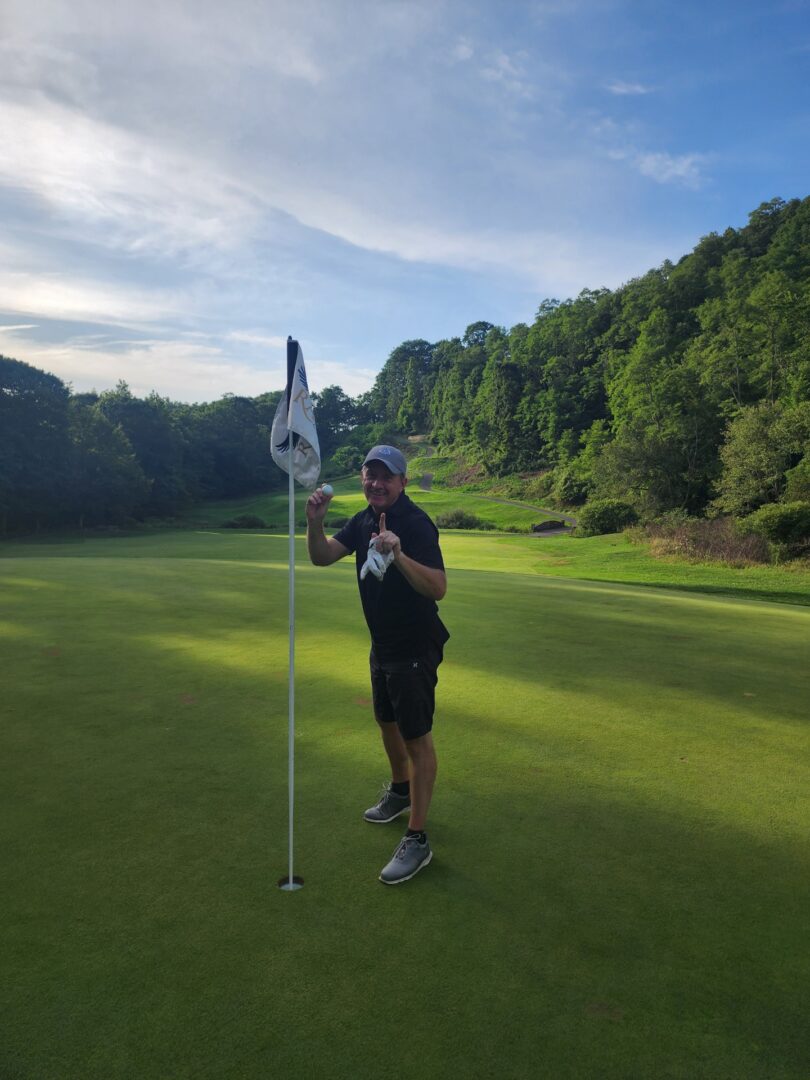
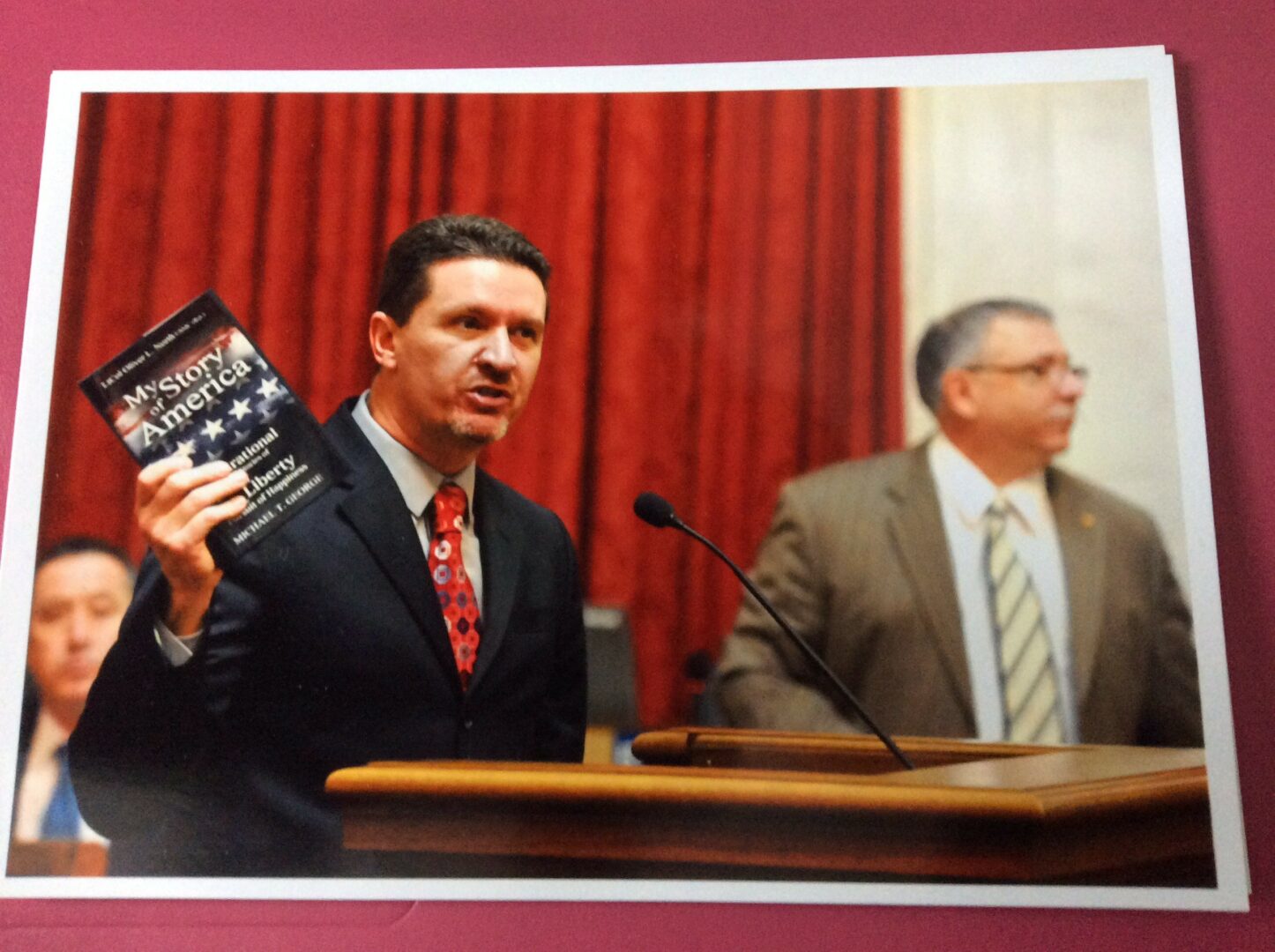
Image Credits
All images and rights owned by Dr. Michael T. George
so if you or someone you know deserves recognition please let us know here.

